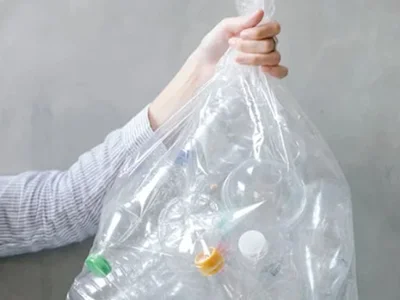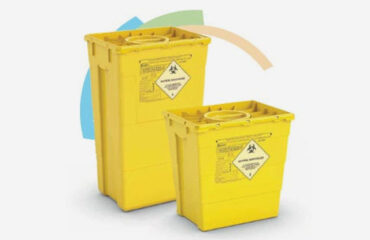7 Simple Techniques For Reclaim Waste
7 Simple Techniques For Reclaim Waste
Blog Article
Reclaim Waste for Dummies
Table of ContentsSome Ideas on Reclaim Waste You Need To KnowReclaim Waste Fundamentals ExplainedThe 15-Second Trick For Reclaim WasteThe Best Strategy To Use For Reclaim WasteAll About Reclaim Waste
Check out the kinds, events, and forms of liquid waste. Residential sewage waste refers to the waste and items from a residential sewage-disposal tank. This sort of waste is developed by humans in homes, colleges, and other structures. This only includes septic tanks that have a drain field. The correct monitoring and disposal of domestic sewage waste require liquid waste to be transferred to a sewer therapy plant where the appropriate techniques and devices are put on cleanse and get rid of waste.
Commercial waste usually includes possible hazards, such as combustible products or a combination of fluid and solid waste products, and needs an advanced and in-depth disposal procedure. The disposal of industrial waste generally includes the purification of waste prior to transport to ensure secure and appropriate disposal. Hazardous waste is developed from results and runoff of industrial processes and production.
This type of waste can not utilize the very same sewer management transportation or procedures as septic or business fluids. The commercial waste administration process needs the assessment and testing of liquid waste prior to it undergoes the disposal procedure (liquid waste disposal). Runoff waste is the liquid waste that comes from runoff and excess stormwater in highly inhabited areas or cities
Drainage waste can create contamination and flooding otherwise taken care of properly. Learn a lot more regarding sewer cleaning and waste management. Ensuring proper waste management can avoid disasters and minimize environmental harm. Both individuals in property setups and experts in industrial or production markets can take advantage of understanding the procedures and laws of fluid waste administration.
3 Easy Facts About Reclaim Waste Shown
Contact PROS Providers today to find out about our waste monitoring and disposal services and the correct ways to care for the fluid waste you generate.
(https://www.storeboard.com/reclaimwaste2)This so-called 'wastewater' is not just an important source however, after therapy, will be launched to our land, waterways or the ocean. Made use of water from bathrooms, showers, baths, kitchen area sinks, washings and commercial processes is understood as wastewater.

water made use of to cool machinery or clean plant and devices). Stormwater, a kind of wastewater, is runoff that streams from farming and city areas such as roofings, parks, yards, roads, courses and gutters right into stormwater drains pipes, after rain. Stormwater moves neglected straight to local creeks or rivers, ultimately getting to the ocean.
5 Easy Facts About Reclaim Waste Described
In Queensland, most wastewater is dealt with at sewage treatment plants. Wastewater is transferred from domestic or commercial websites via a system of sewage systems and pump terminals, known as sewage reticulation, to a sewage therapy plant.
The Department of Natural Resources encourages regional governments about managing, operating and keeping sewage systems and treatment plants. In unsewered areas, local federal governments might call for homeowners to install specific or family sewer therapy systems to treat residential wastewater from bathrooms, kitchen areas, shower rooms and laundries. The Department of Natural Resources authorizes making use of family systems when they are shown to be reliable.
In some new subdivisions, treatment of some stormwater to get rid of trash, sand and crushed rock has actually begun utilizing gross pollutant catches. Wastewater therapy occurs in 4 stages: Eliminates strong matter.
Wastewater liquid waste disposal melbourne then streams right into huge storage tanks where solids settle and are eliminated as sludge. Oil and residue are skimmed from the surface. Utilizes little living microorganisms understands as micro-organisms to damage down and remove remaining liquified wastes and fine particles. Micro-organisms and wastes are incorporated in the sludge. Removes nitrogen and phosphorus nutrients that might create algal flowers in our waterways and threaten aquatic life.
The Only Guide for Reclaim Waste
Nutrient removal is not available at all sewer treatment plants since it needs expensive specialized tools. Clear fluid effluent produced after therapy might still include disease-causing micro-organisms - liquid waste removal.

Many wastewater moves into the sewerage system. Under the Act, local federal governments provide authorizations and licences for ecologically relevant activities (Ages) involving wastewater launches that could have a regional impact.
The Ultimate Guide To Reclaim Waste
Surveillance offers accurate information about water high quality and can verify that permit conditions are being satisfied. The info gotten with surveillance offers the basis for making water high quality choices.
Report this page